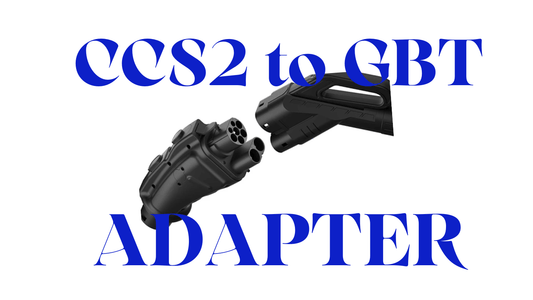OCPP (Open Charge Point Protocol) compliance refers to the adherence of electric vehicle (EV) charging stations and their associated management systems to the OCPP standard. OCPP is an open communication protocol that enables interoperability between various charging infrastructure components, such as charging stations, central management systems, and network operators.
When a charging station or management system is OCPP-compliant, it means it has implemented the OCPP specifications, ensuring compatibility and communication with other OCPP-compliant devices from different manufacturers. This interoperability is crucial for the widespread adoption of electric vehicles, as it allows EV drivers to charge their vehicles at any OCPP-compliant charging station, regardless of the vendor or network operator.
OCPP compliance ensures that charging stations can send and receive standardized messages, facilitating functions such as starting and stopping charging sessions, retrieving charging data, and managing billing information. It promotes the development of an open and competitive market for EV charging infrastructure, as it enables different vendors to offer compatible products and services.
By conforming to OCPP standards, charging stations and management systems can provide flexibility, scalability, and futureproofing for EV charging networks. It allows network operators to integrate different charging stations into their networks, monitor and control charging sessions, and collect data for analysis and reporting purposes.
Overall, OCPP compliance is essential for creating a connected and interoperable ecosystem of EV charging infrastructure, simplifying the charging experience for EV drivers and enabling the growth of electric mobility.
What can EV chargers do with OCPP compliance?
When an EV charger is OCPP compliant, it means that it adheres to the OCPP specification and can effectively communicate with other OCPP-compliant systems.
Here are some of the things an EV charger can do with OCPP compliance:
Remote management: OCPP-compliant chargers can be remotely monitored and managed by a central system. Operators can access real-time data, such as charging status, energy consumption, and transaction details, from the chargers.
Start and stop charging sessions: With OCPP compliance, charging sessions can be remotely initiated and terminated. This allows operators to control and manage charging activities without physically interacting with the chargers.
Monitoring and reporting: OCPP-compliant chargers can provide detailed information about charging sessions, including energy consumption, charging duration, and transaction details. This data can be utilized for billing, reporting, and analytics purposes.
Firmware updates: OCPP-compliant chargers can receive firmware updates remotely. This enables operators to enhance the functionality of the chargers, fix bugs, and ensure compatibility with the latest standards.
Load management: OCPP compliance allows for load management capabilities. Operators can set charging priorities, limit power consumption during peak demand periods, and balance the load across multiple chargers or sites.
Interoperability: OCPP compliance ensures that chargers from different manufacturers can communicate with each other and with various CMS platforms. This promotes interoperability and enables flexibility in choosing charging infrastructure components.
Integration with third-party services: OCPP-compliant chargers can integrate with third-party services, such as payment systems, reservation platforms, and smart grid management systems. This enables seamless integration into existing infrastructure and provides additional functionalities.
It's worth noting that the specific features and capabilities may vary depending on the OCPP version implemented by the charger and the functionalities supported by the central management system it is connected to. OCPP has evolved over time, with different versions offering additional features and improvements.
Wattsaving EV chargers are compatible with OCPP 1.6 already and will be compatible with OCPP 2.0 late this year. If you want to start your own EV charging business, Wattsaving can integrate with any white-label charging management platform to support your charging operation.




